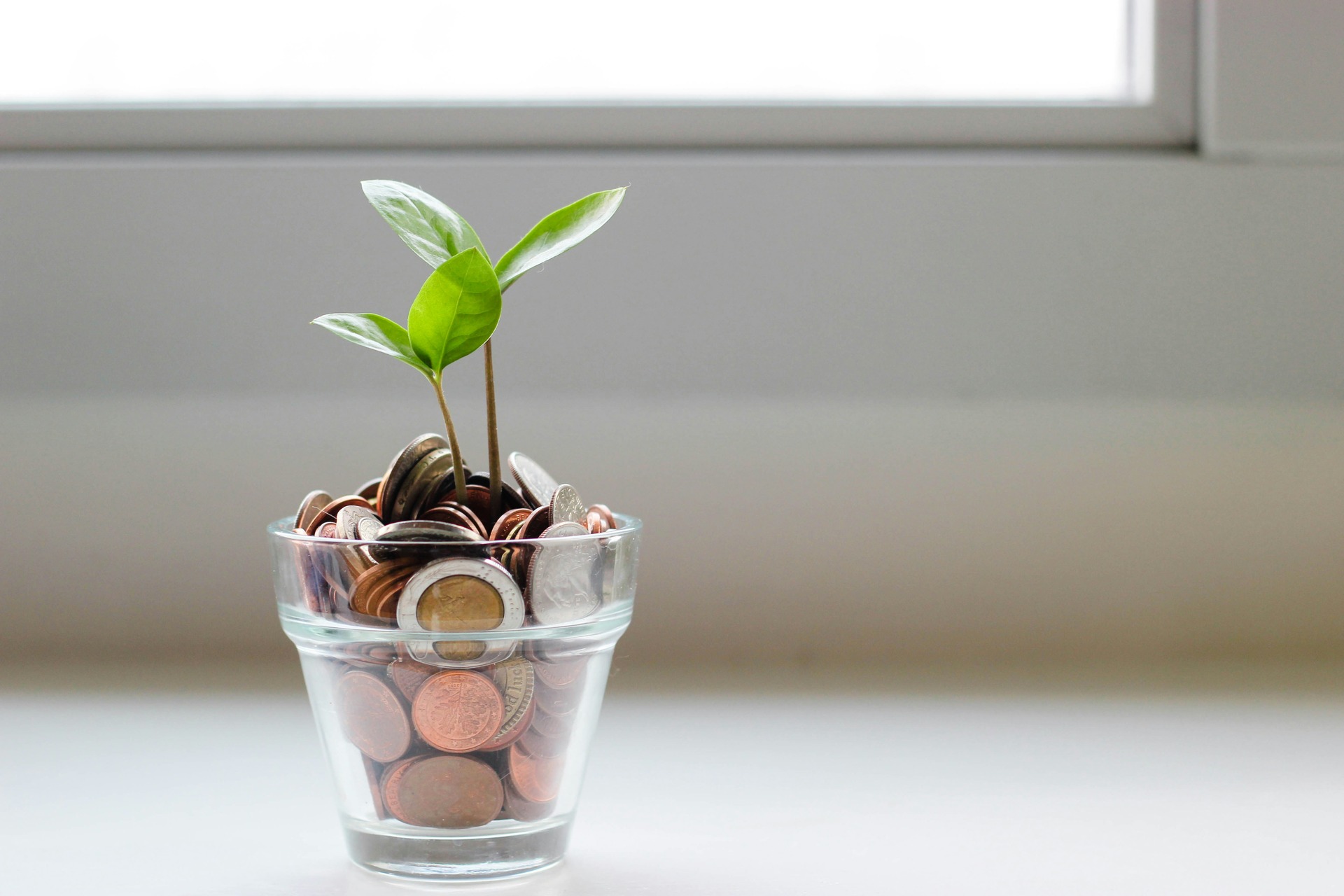Is it a better time to save or spend money?
This is a difficult question to answer, and it depends on the financial status of each individual and family. Generally speaking, as the value of the currency is decreasing and prices of goods are increasing, it is not recommended to save Egyptian pounds as they will lose value.
There is, however, an important 50/30/20 rule, which recommends that we spend 50% of our monthly income on our basic needs, 30% on discretionary spending and 20% on savings. So it is crucial that we save 20% of our monthly income and seek alternatives to saving in the bank to maintain the value of our money. People must save to be able to meet challenges in the future, especially since we do not have enough financial support (very poor families receive EGP 50 worth of basic goods per month).
What do you recommend doing with spare cash at this moment?
Gold can be a useful hedge against inflation as it maintains its value. The Egyptian stock market index (EGX 30) has also shown an average return of around 23.35% over the past year, while the average annual yield on Egyptian Treasury Bills is around 28%. Furthermore, real estate is still a solid and very appealing investment in Egypt for those seeking to invest larger amounts.
What can we expect in the coming months and years?
The Egyptian economy is committed to improve all economic indicators via its International Monetary Fund agreement. In late 2024, Fitch Ratings upgraded the rating of Egypt to "B" with a stable outlook. The FX position has also improved due to large capital inflows, such as the Ras el-Hekma development project. It is also expected that the inflation rate will decrease to 12.5% by June 2025, which means that prices will not increase further and, therefore, real income levels will improve.
What are your top tips for personal finance or family planning?
The rule of thumb is to always keep three to six months worth of expenses in very safe and liquid investments. In other words, if you spend EGP 50,000 per month you should keep around EGP 150,000-300,000 in safe and liquid investments as bank deposits or treasury bills. Savings exceeding this amount can target gold, stocks and larger investments in real estate.
Banner image by micheile henderson on Unsplash



